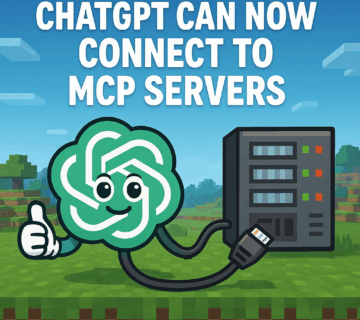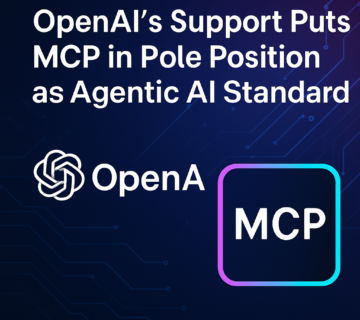
ChatGPT Can Now Connect to MCP Servers: Complete Implementation Guide for 2025
AI, specifically ChatGPT's integration with Model Context Protocol (MCP), a new open standard developed by Anthropic. This integration, released in June 2025, allows businesses using ChatGPT Enterprise, Education, or Team to connect their proprietary data sources directly to ChatGPT, breaking down information silos and enabling employees to access company data through conversational AI. The document outlines the technical implementation process, crucial security considerations, and various business applications, while also discussing limitations, future developments, and the competitive landscape. It emphasizes the importance of trusted MCP servers and careful data governance to mitigate risks like prompt injection. ... Read More
